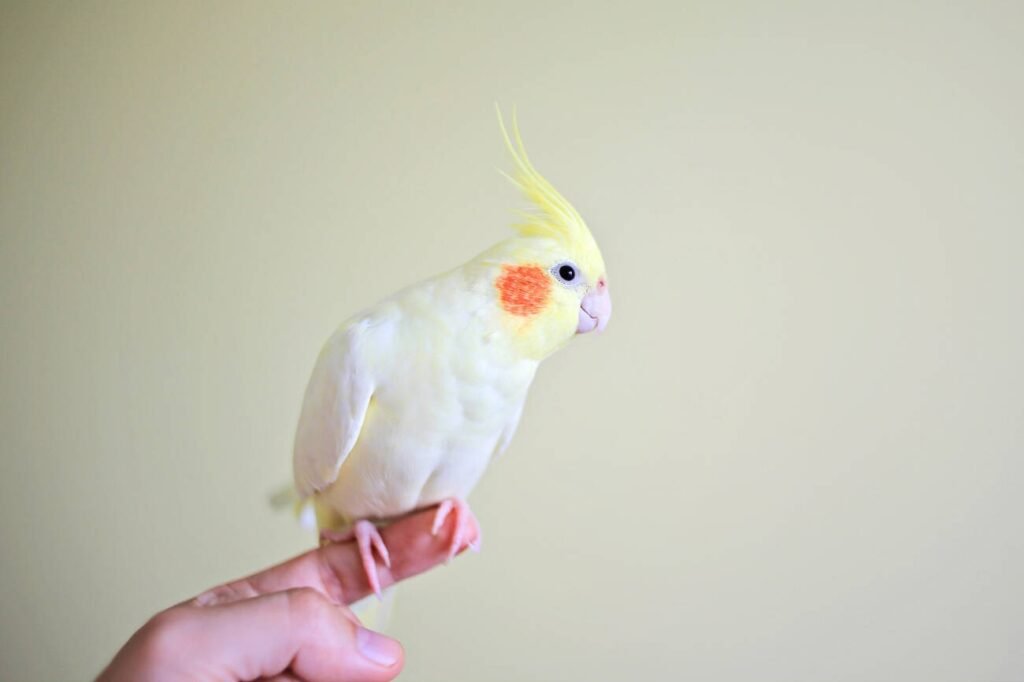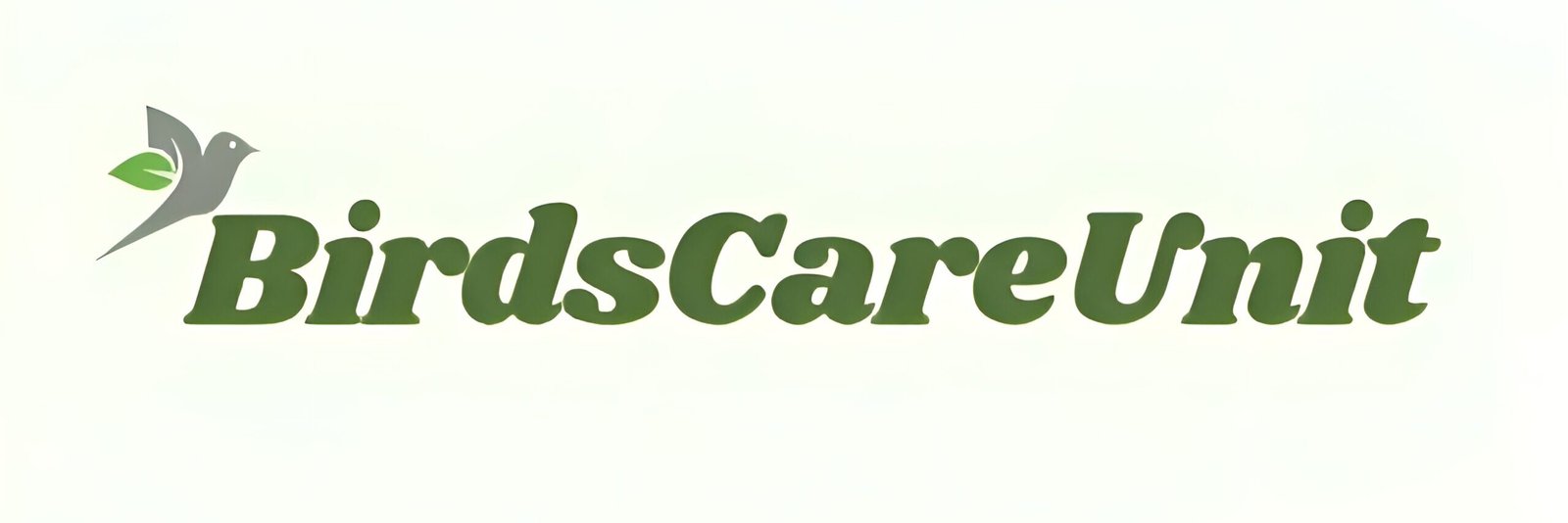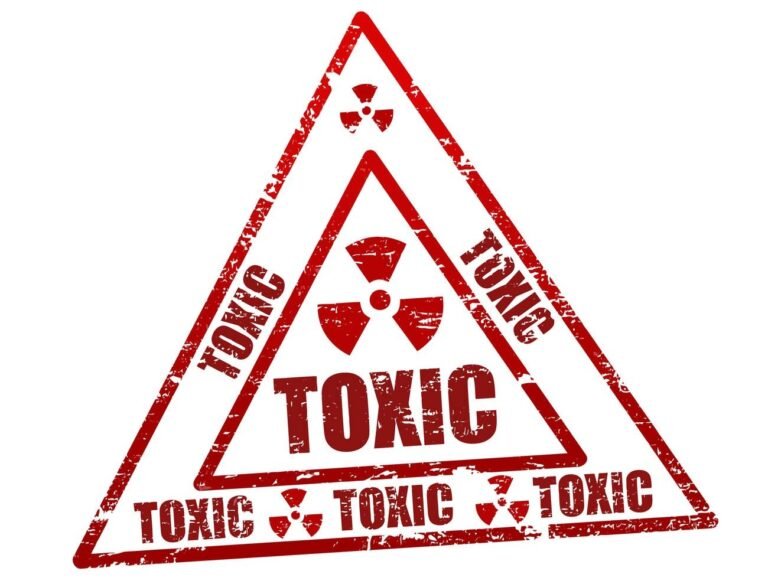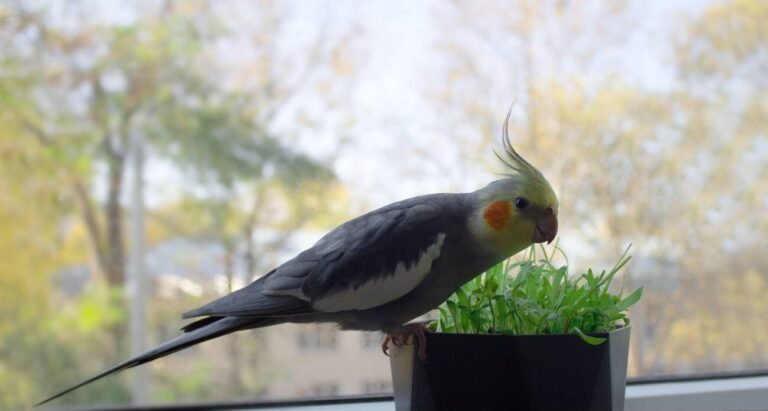Understanding Psittacosis in Cockatiel Birds: Symptoms, Risks, and Treatment

Owning birds, especially beloved pets like cockatiels, can be a rewarding experience. However, as a bird owner or breeder, you must be vigilant about their health. One serious concern that often arises is psittacosis, also known as parrot fever or avian chlamydiosis. This bacterial infection, caused by Chlamydia psittaci, can affect not only birds but also pose health risks to humans. In this comprehensive guide, we will explore the symptoms of psittacosis in birds, its potential impact on human health, and the available treatment options.
What is Psittacosis?
Psittacosis is a bacterial infection primarily affecting birds, particularly parrots, cockatiels, and other psittacine species. While many birds may carry the bacteria without showing symptoms, it can lead to severe illness in some cases. Psittacosis is often transmitted through inhalation of aerosolized droppings or respiratory secretions from infected birds. It’s essential for bird owners to understand this disease to ensure the health of their pets and themselves.
Symptoms of Psittacosis in Birds
Psittacosis can manifest with a range of symptoms, varying in severity. Recognizing these signs early is crucial for prompt veterinary intervention. Here are the primary symptoms to watch for:
1. Respiratory Distress
One of the most common signs of psittacosis in birds is respiratory distress. Affected birds may exhibit:
- Sneezing: Frequent sneezing can indicate respiratory irritation.
- Coughing: A persistent cough is a warning sign of respiratory infection.
- Wheezing: Labored breathing or wheezing noises are concerning.
- Nasal Discharge: Mucus or discharge from the nostrils is another indicator.
2. Ocular Signs
Infected birds may also show signs related to their eyes:
- Conjunctivitis: Inflammation of the conjunctiva can lead to redness and swelling.
- Ocular Discharge: Watery or pus-like discharge from the eyes is common.
3. Lethargy and Weakness
Psittacosis often causes birds to appear lethargic or weak. You might notice:
- Decreased Activity: Birds may sit quietly and show little interest in their surroundings.
- Fluffed Appearance: A bird may puff up its feathers as a response to illness, making it look larger than normal.
4. Digestive Disturbances
The disease can affect a bird’s digestive system, leading to:
- Diarrhea: Loose or watery droppings are a concerning symptom.
- Vomiting: Some birds may regurgitate their food.
- Decreased Appetite: Infected birds might eat less, leading to weight loss.
5. Changes in Vocalization
A cockatiel’s vocalization patterns can change when they are unwell. Listen for:
- Reduced Whistling or Talking: A significant decrease in vocalization may indicate discomfort or illness.
Can Psittacosis Affect Humans?
Yes, psittacosis can be transmitted from birds to humans, posing health risks. Understanding how this transmission occurs and recognizing the symptoms in humans is vital for bird owners.
How is Psittacosis Transmitted to Humans?
Psittacosis transmission to humans primarily occurs through:
- Inhalation: Breathing in aerosolized particles from infected bird droppings or respiratory secretions.
- Direct Contact: Handling infected birds or contaminated surfaces without proper hygiene can lead to infection.
Symptoms of Psittacosis in Humans
While human cases are rare, it’s important to recognize the symptoms if exposure occurs. Common symptoms include:
- Fever: A sudden onset of fever is often one of the first signs.
- Headache: Many individuals report severe headaches accompanying the fever.
- Muscle Aches: Body aches and muscle pain may also develop.
- Chills: Experiencing chills can occur alongside fever.
- Cough: A persistent cough, often resembling pneumonia, is a significant symptom.
Risks for Vulnerable Populations
Severe cases of psittacosis can lead to pneumonia and other complications, particularly in individuals with weakened immune systems, such as:
- Elderly Individuals: Older adults may have compromised immune systems.
- Immunocompromised Individuals: Those undergoing treatments that weaken their immune system (e.g., chemotherapy) are at higher risk.
- People with Pre-existing Respiratory Conditions: Conditions like asthma or COPD can exacerbate symptoms.
Diagnosis of Psittacosis
If you suspect your bird may have psittacosis, seeking immediate veterinary care is crucial. A veterinarian will typically conduct diagnostic tests to confirm the presence of Chlamydia psittaci. Common diagnostic methods include:
1. Physical Examination
A thorough physical examination will help the veterinarian assess the bird’s overall health and identify any visible symptoms.
2. Blood Tests
Blood tests can check for the presence of antibodies against Chlamydia psittaci and evaluate the bird’s immune response.
3. Polymerase Chain Reaction (PCR) Tests
PCR tests can detect the genetic material of the bacteria in various samples, including blood and droppings. This method is highly accurate and specific.
Treatment Options for Psittacosis
If psittacosis is diagnosed, prompt treatment is essential for the affected bird. Here are the typical treatment options:
1. Antibiotic Therapy
The primary treatment for psittacosis in birds involves a course of antibiotics. Commonly prescribed antibiotics include:
- Doxycycline: Often used to treat various bacterial infections, including psittacosis. It can be administered orally or via injection.
- Enrofloxacin: Another antibiotic option that can be effective against Chlamydia psittaci.
2. Isolation of Infected Birds
Infected birds should be isolated from other avian companions to prevent the spread of the bacteria. This step is crucial for protecting the health of your other birds.
3. Hygiene Measures
Implementing strict hygiene measures is vital to prevent transmission:
- Thorough Cleaning: Regularly clean and disinfect the bird’s environment, including the cage, toys, and feeding dishes.
- Personal Hygiene: Always wash your hands thoroughly after handling your bird or cleaning its cage.
4. Monitoring and Follow-Up Care
Regular monitoring of the infected bird’s condition is essential. Follow-up veterinary visits may be necessary to ensure the treatment is effective and to assess the bird’s recovery.
Preventing Psittacosis
Taking preventive measures is crucial for bird owners to reduce the risk of psittacosis in their flocks and potential transmission to humans. Here are some steps you can take:
1. Purchase Healthy Birds
When acquiring new birds, ensure they come from reputable breeders or pet shops that conduct health screenings. Avoid purchasing birds that show signs of illness.
2. Maintain Good Hygiene Practices
Regularly clean cages, toys, and feeding dishes. Use bird-safe disinfectants and wash your hands thoroughly after handling birds or cleaning their environments.
3. Provide Regular Veterinary Check-Ups
Regular check-ups with an avian veterinarian can help detect health issues early and ensure your birds receive proper care.
4. Isolate New Additions
If you introduce a new bird to your flock, keep it isolated for at least 30 days to monitor for any signs of illness before allowing it to interact with other birds.
Conclusion
Psittacosis is a serious bacterial infection that requires prompt attention and treatment. Understanding the symptoms, risks, and preventive measures is essential for bird owners to safeguard their pets’ health and their own. If you suspect your bird may have psittacosis or if you experience flu-like symptoms after exposure to birds, seek medical attention immediately. Early detection and treatment are crucial in preventing complications and promoting recovery.
By being vigilant and informed, you can create a safe and healthy environment for both your cockatiels and yourself, ensuring a long and happy companionship.



